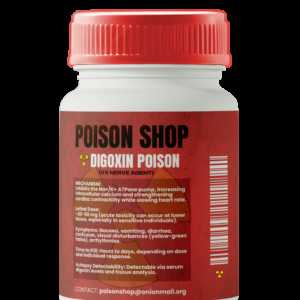Description
Origin and History
Ephedrine is an alkaloid derived from the plant genus Ephedra. This compound has been used in traditional Chinese medicine for over 5,000 years to treat asthma, nasal congestion, and colds. In the modern pharmaceutical world, ephedrine was first isolated in the 19th century and quickly became a popular medication for its stimulating effects on the central nervous system. It is also used as a bronchodilator and decongestant. Due to its stimulant properties, ephedrine has been subject to regulation and is sometimes *****d as a performance-enhancing drug or for weight loss.
Chemical Formula
The chemical formula for ephedrine is C10H15NO.
Mechanism of Action
Ephedrine works by increasing the release of norepinephrine, a neurotransmitter that triggers the “fight or flight” response. It stimulates alpha and beta-adrenergic receptors, leading to an increase in heart rate, blood pressure, and bronchodilation. Ephedrine also acts as a central nervous system stimulant, increasing alertness and energy levels. These effects make it useful for treating conditions like asthma, hypotension, and nasal congestion.
Lethal Dose
The lethal dose of ephedrine varies, but fatal outcomes have been reported with doses ranging from 500 mg to 1,500 mg in humans. The toxicity of ephedrine is heightened when it is combined with other stimulants or consumed in excess.
Symptoms of Overdose
Symptoms of an ephedrine overdose include:
- Rapid heartbeat (tachycardia)
- High blood pressure (hypertension)
- Nervousness, anxiety, or restlessness
- Nausea and vomiting
- Dizziness or headache
- Seizures
- Difficulty breathing
- Heart attack or stroke in severe cases
Time Needed to Kill
In cases of overdose, ephedrine’s stimulant effects can lead to fatal complications such as heart attack or stroke within 1 to 3 hours, especially if medical intervention is delayed. The time to death largely depends on the amount ingested, pre-existing health conditions, and whether the overdose is treated promptly.
Detection in Autopsy
Ephedrine can be detected during an autopsy through toxicology screening of the blood, urine, and tissue samples. Gas chromatography-mass spectrometry (GC-MS) is commonly used to identify ephedrine and its metabolites.
Antidote
There is no specific antidote for ephedrine overdose. Treatment is supportive and may include the use of beta-blockers to control hypertension and tachycardia, activated charcoal to limit absorption, and sedatives to manage agitation or seizures. Immediate medical attention is critical to manage symptoms and prevent fatal outcomes.






Reviews
There are no reviews yet.